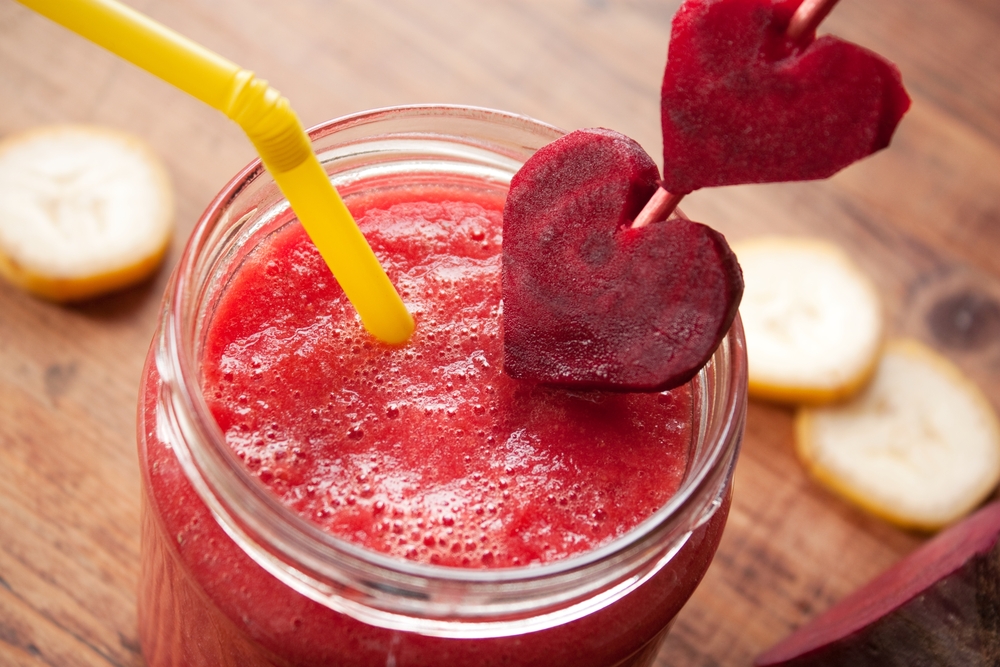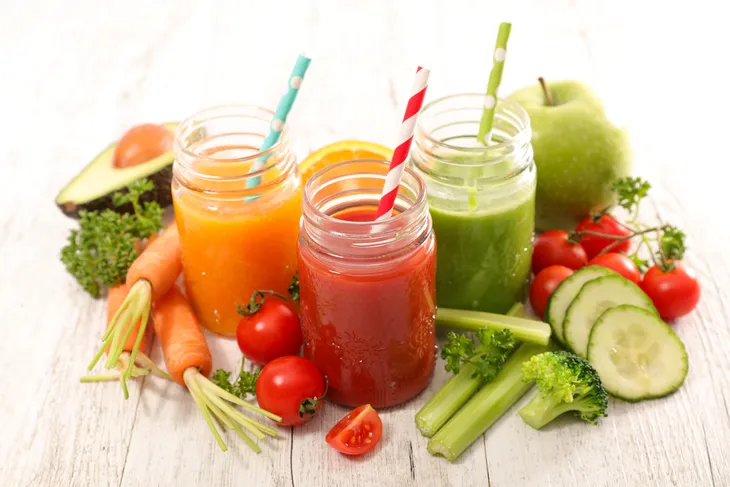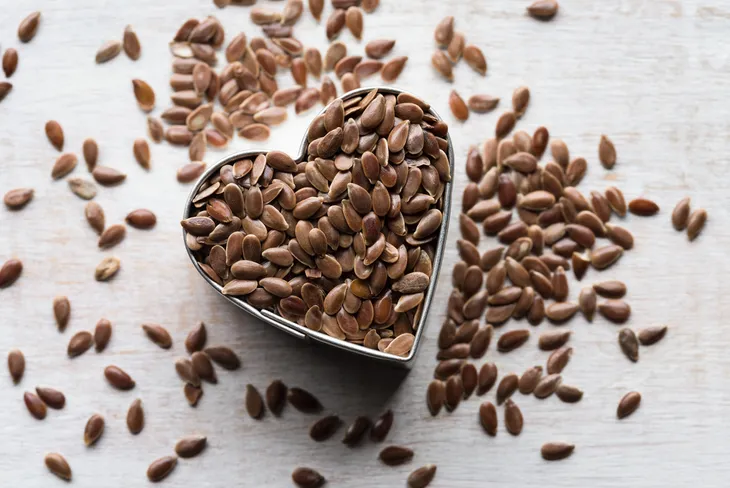We don’t always plan to binge on bad food, including processed, fast food favorites like hamburgers, hot dogs, donuts, etc. Sometimes it just happens, particularly if we’ve gone too long without eating (resulting in our blood sugar levels plummeting) or we’ve had a bit too much to drink.
In any case, a heavy food binge can leave one feeling pretty lousy, even nausea. That can be a real problem for anyone who needs to be alert and active, whether that’s for a job or a favorite activity, like playing sports. The good news is that there are a few foods that can help us bounce back from a food binge quicker than you might think.
Fermented Beverages
One of the newest trends rocking North America is the shocking rise of the fermented beverage, particularly “kombucha,” a drink that’s essentially fermented tea. So, why are drinks like kombucha taking the world by storm? Mostly as a result of the probiotic wave, and the understanding that certain types of bacteria can help break down foods and improve digestion.
Specifically, the experts who support drinking fermented beverages believe it can help increase the body’s production of hydrochloric acid, which your stomach uses to break foods down and absorb important nutrients, including vitamin C and vitamin D. For the best experience with your fermented beverage, make sure the one you choose isn’t loaded with soda-like amounts of sugar.
Walnuts
Nuts may not be your first choice when feeling bloated and uncomfortable after a prolonged fast food binge. After all, nuts typically contain lots of fat and calories, which is enough to scare some people away from eating them at all. But there are some types of nuts, like walnuts, that do far more good than harm.
That’s because walnuts contain a huge amount of omega-3 fatty acids, which have been shown to help the body recover after excess consumption of processed sugars like fructose. Omega-3s are generally good for fighting inflammation, too, and can help protect the brain and heart. And with walnuts, you need only a small amount — roughly a quarter of a cup — to get your recommended intake of omega-3s.
Water with Lemon
One of the most important steps you can take to rebound from a fast food binge is consuming lots of water. That’s because many heavily processed foods contain lots of artificial sweeteners and very little fiber, the result being one feeling gassy, bloated and even constipated. To help move things along and get back to feeling spry and energetic, it helps to drink lots and lots of water.
Adding some fresh fruit juice, from a citrus fruit like lime, lemon or orange, can help that water go down easier and will give you a boost of vitamin C, which the body can always use.
Fruit and Veggie Smoothie
If you’ve gone a little overboard with unhealthy foods like hamburgers, ice cream and potato chips, you’ll want to bounce back by turning to the opposite types of food, like fruits and vegetables. And rather than sitting down to a big bowl of berries, carrots, kale, and broccoli, try mixing them together in a fruit and veggie smoothie that can be consumed quickly and easily.
To boost your feeling of fullness and make your smoothie go further, try adding some whey protein powder. At the very least, a fruit and veggie smoothie — which contains copious amounts of fiber — should help with digestion, getting those processed foods out of your body and helping you get back to your usual self.
Mint Tea
Indulging in an unhealthy meal or two can be a lot of fun at the time, but in the end it tends to leave us feeling bloated, heavy, generally uncomfortable, and unable to do some of the physical activities we love, like playing sports or horsing around with the kids.
You can start the process of getting back to where you belong by drinking some mint tea, which can accomplish a couple simple but important things, including a) settling your stomach and alleviating feelings of nausea, and b) re-hydrating a body that’s consumed an excess amount of salt and sugar. In short, it can help kick-start digestion, helping your body take the first steps towards getting back to where you want to be.
Salmon
One of the best foods to eat after a night of binge-eating junk food is salmon. Why? Because it contains lots of docosahexaenoic acid, or DHA, an omega-3 fatty acid that may be able to reverse the effects of consuming excess processed sugars, like fructose and glucose.
Omega-3 fatty acids, which can be found in high quantities in salmon, and especially wild salmon, have been shown to help with a number of amazing things, from protecting our bodies against damage caused by inflammation to improving brain and heart functionality. As for cooking your salmon, try to limit how much butter, oil or spices you add to what’s typically a very flavorful fish. Also, be aware that farm-bred salmon, which is usually cheaper than its wild counterpart, contains far less omega-3 fatty acids.
Flaxseed
Say you’ve enjoyed a major food binge and are looking for a great rebound food containing restorative compounds like omega-3 fatty acids. Now, let’s say you’d rather not get that from wild salmon, arguably the best food source for omega-3 fatty acids. Where can you turn?
Look no further than flaxseed, which contains lots of omega-3s. In fact, just a couple tablespoons can provide as much omega-3 fatty acids as a significant portion of wild salmon. And you don’t need to put back spoonfuls of flaxseeds to get their restorative effects: there are lots of healthy whole-grain breads that contain ample amounts of flaxseeds. Throw some fresh vegetables on a couple slices of flaxseed bread and you’ll be well on your back to bouncing back from that binge.










